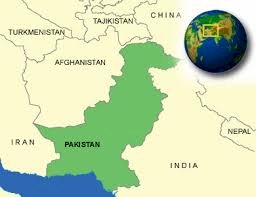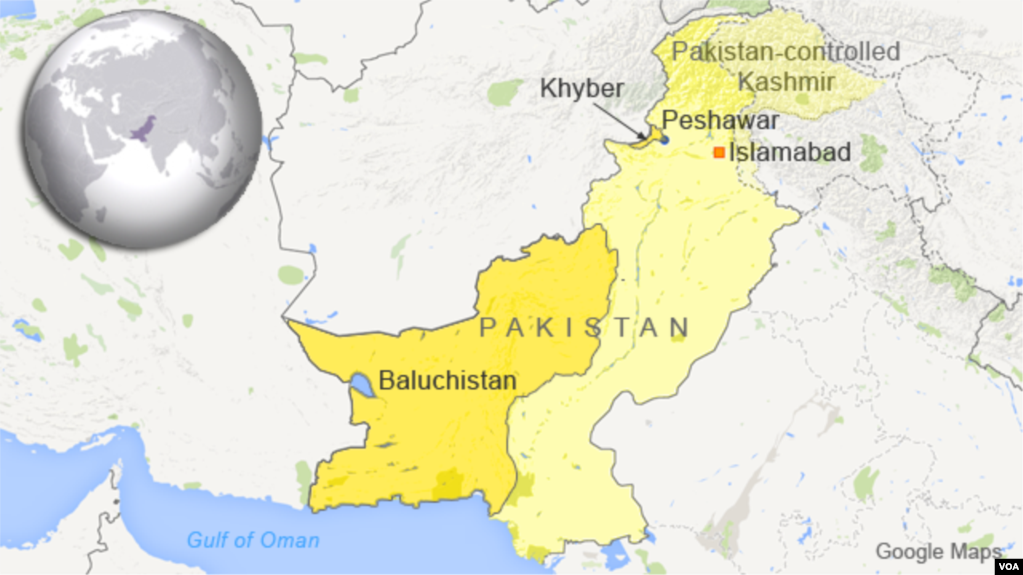Militants kill 8 Pakistani soldiers, abduct 7 police officers

The attack occurred in Khyber, a volatile border district in the province of Khyber Pakhtunkhwa, targeting soldiers returning to their base after a counterinsurgency operation.
The ambush left at least three soldiers injured, one of whom is in “serious” condition, multiple security officials said. They spoke anonymously to VOA because they were not authorized to discuss the details with the media. The ensuing clashes reportedly also left several assailants dead.
The Pakistan military’s media wing did not immediately comment on the deadly attack or the reported casualties that followed.
Separately, dozens of heavily armed men stormed a security outpost in the province’s militancy-hit Bannu district Monday evening, taking seven armed police officers hostage. Police officials in the area reported that an operation to track down the assailants and rescue the abducted personnel was under way.
Several districts in the Pakistani border province, including Khyber and Bannu, routinely experience attacks on security forces, which are mostly attributed to or claimed by the Tehrik-i-Taliban Pakistan, or TTP, an outlawed militant group.
TTP-led militants in Khyber Pakhtunkhwa and ethnic Baloch separatists in Pakistan’s southwestern Balochistan, which borders Afghanistan, have lately intensified their attacks.
The militant violence has killed more than 1,100 Pakistani security forces and civilians nationwide so far this year, according to data reported by the Islamabad-based, independent Center for Research and Security Studies.
TTP is declared a terrorist group by the United Nations, while the Baloch Liberation Army, which is believed to be the largest insurgent group in Balochistan, is designated as a foreign terrorist organization by the United States.

BLA claimed responsibility for two attacks last week, including a railway station suicide bombing, that collectively killed at least 34 soldiers.
Pakistani leaders have persistently complained that TTP and Baloch insurgents orchestrate cross-border terrorism from Afghan bases, charges the neighboring country’s de facto Taliban authorities deny.
A U.S. government watchdog, the Special Inspector General for Afghanistan Reconstruction, or SIGAR, reported this month that “it remains unclear whether the Taliban have the will and capability to fully eliminate terrorist safe havens or control the flow of foreign terrorist fighters in and through Afghanistan."
SIGAR referenced U.N. findings in its quarterly report to the U.S. Congress on November 7, stating that al-Qaida operates eight training camps in Afghanistan, supplying the TTP with Afghan fighters and offering training facilities.
This prompted the U.N. sanctions monitoring team to warn that “greater collaboration among al-Qaida affiliates and TTP could transform the latter into an “extra-regional threat,” the report stated.





















